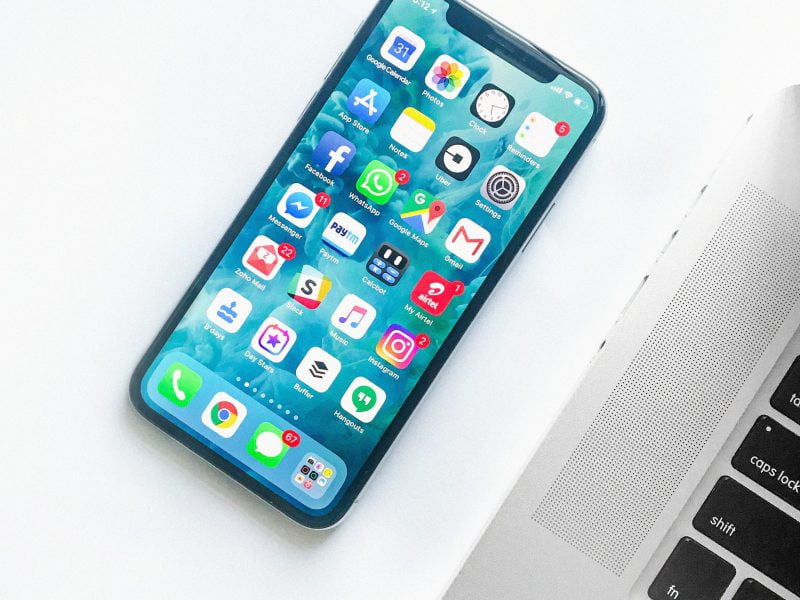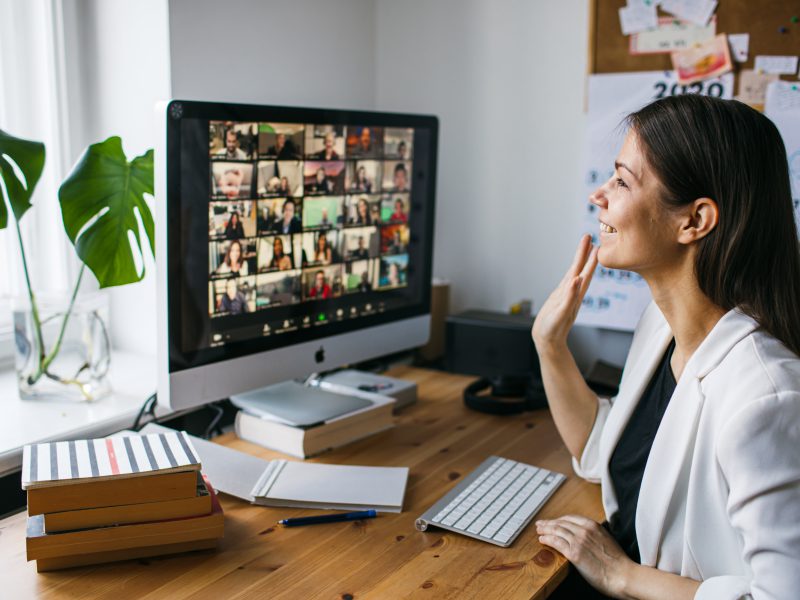Scrolling through your phone right before you go to sleep? Getting impatient about switching on your phone as soon as you land abroad? We’re all guilty of it. Phone addiction is real
Being without technology can seem quite daunting but there are surmountable benefits to taking back control of the habit. With 41 million people now owning or having access to a smartphone and UK adults spending an average of 8 hours and 41 minutes a day on screens, it’s inescapable. But there are ways to reduce your phone use by following the digital detox trend.
Simon Cowell recently told the Mail on Sunday that he hadn’t used his phone for over 10 months, benefitting his overall mental health. And he’s not alone.
What is a digital detox?
The Oxford English Dictionary defines a digital detox as ‘a period of time during which a person refrains from using electronic devices such as smartphones or computers, regarded as an opportunity to reduce stress or focus on social interaction in the physical world’.
What are the digital detox benefits?
Digital detox specialists, Time to Log Off, investigate what a healthy use of screens looks like and how important digital wellness is to our overall health. Their quizzes, articles, retreats and camps help people successfully put down their phones, with those after the retreats significantly improving their sleep, concentration, happiness and stress.
A survey of over 4,000 16-75-year-olds by Deloitte unearthed that 38% of respondents thought they were using their phone too much, with many unhappy about the amount of time they spend on their phones. By enrolling on a digital detox, we get more time to engage in other activities, more time to spend with friends and family or more time to be more productive at work.
The survey also revealed that social media equated to 2.15 hours of phone use alone. Social media use is associated with anxiety, loneliness and fear of missing out, so it’s no surprise that a digital detox has its benefits in reducing anxiety. Every notification for a follower or like is distracting, so by taking a detox, productivity is also very likely to increase, especially in the workplace if notifications are reduced.
We’re all guilty of a little too much – since sitting to read this post, we’ve probably looked at our phone twice (thank you social media and email notifications) but in our digital world, though no digital contact is unavoidable, we can benefit from taking more breaks here and there.
The completion of tasks can be done in a shorter amount of time by placing our phones away, or muting notifications whilst in the middle of something, so we’re able to focus on the task at hand. This, in turn, can reduce stress levels as concentration is more focussed.
Commuting? We all love to scroll through social or listen to a bit of music or a podcast to while away the time, but how about reaching for a book a couple of days a week? (Come along to our Wellington Place book club for great book recommendations and discussions). By making a more conscious effort to take time out from our screens, we can reconnect with people, maybe learn something new and take a moment to be more mindful and appreciate our surroundings.
How can you be part of the digital detox trend?
Ironically, there are apps to help you control your phone use. Mute, Space and Moment can track how often you unlock your phone and how much time you spend on it. Not only can you track your timings, but the push notifications remind you to take a break or congratulate you on hitting your goals. By raising awareness of the time spent on your phone, you can visualise how often you’re using it and take steps towards controlling any habits.
But how can you kick-start your own digital detox? We’ve handpicked ten simple tips:
- Mute or turn off unimportant notifications
- Reduce inbox notifications for your apps and updates
- Delete apps you use less than once a month
- De-spam your inbox and reduce the amount of junk notifications you receive
- Take breaks from your screen at work
- Try to avoid pulling your phone out at mealtimes
- Use the night-mode on your phone to reduce blue light that can affect sleep
- Lay your phone face down so the light can’t distract you in the middle of the night
- Switch on the ‘do not disturb’ tab after hours (if situations allow for it)
- Avoid using your phone as an alarm and buy a traditional alarm instead – this will help stop you from looking at your phone first thing in the morning (guilty!)



